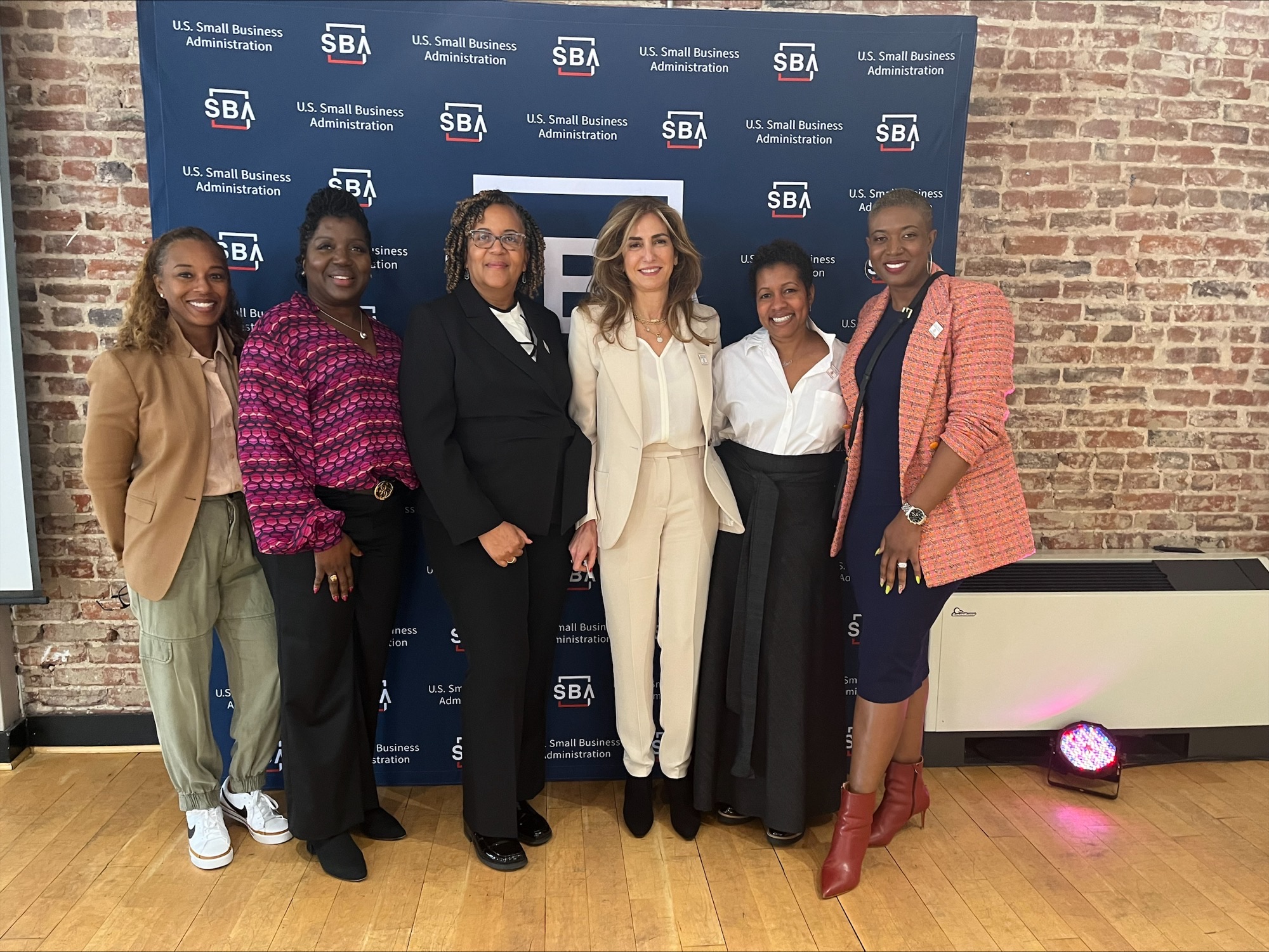Maximizing March: Going from a Historic Month to a Historic Year

By Erin Hustings
Commemorative months are a tricky thing. On one hand, spotlighting a community or cause generates interest, excitement, and innovations, especially from actors who don’t focus there every day. On the other, the issues we build calendar celebrations around aren’t ones we can really address just once a year. Pursuing parity for women entrepreneurs during Women’s History Month is a prime example.
To make the most of the momentum that went into marking Women’s History Month 2024, we need to carry its lessons forward throughout the year. At the National Women’s Business Council (NWBC), we had the opportunity to get out and meet scores of women in business in March, and we heard over and over again that they are ready to go and poised for success. The energy was palpable, and matched what statistics tell us: women are driving an historic small business boom that has the potential to democratize wealth creation like never before.
Census Bureau data indicate that Americans started nearly 5.5 million businesses in 2023, the highest annual total on record. Between 2019 and 2023, the number of firms owned by women grew by 13.6%, compared to 7.0% for male-owned companies, according to the 2024 Impact of Women-Owned Businesses report from Wells Fargo, Ventureneer, CoreWoman and WIPP Educational Institute. Woman-owned firms’ revenue increased by 27.3%, outpacing male-owned firms’ growth of 15%. The report also found that if we were able to maximize the impact of women-owned businesses and have women achieve the same average revenues as firms owned by men, it would add $7.9 trillion to the economy.
A flourishing of opportunity for newly minted women entrepreneurs also means there’s greater demand for advice and partnership among relatively less-experienced entrepreneurs, while more established firms are asking “what’s next?” Newer firms we spoke with cited a lack of networks, banking relationships, and collateral and experience in business, compounding negative presumptions about women’s businesses to limit access to capital. Businesses looking to scale noted mounting challenges in completing and utilizing business certification systems that demand duplication of effort to sell to different agencies, levels of government, and sectors.
Women-owned businesses are exploding just as billions of dollars in public investment in infrastructure, renewable and clean energy, advanced manufacturing and technological innovation is arriving in communities around the country. The funding is intentionally destined for underserved and underdeveloped places, and has the potential to expand opportunity for workers and owners, including women and women of color, who’ve been underrepresented in those industries. There is more to be done to realize this vision. In March, NWBC met an entrepreneur who had grown an energy industry business from zero to 200 employees in just the past couple of years, but found out that her company was not yet supplying Invest in America projects.
A common theme emerged from each engagement and conversation: the economy has evolved, and women have risen to occasion, displaying determination and creativity as first time or expansion minded entrepreneurs. Now it’s time for the institutions and systems that support companies to follow suit and move beyond mechanisms that give those with the longest legacy in business a leg up. For instance, because past performance is considered one of the most valuable indicators of qualification for a loan or ability to fulfill a contract, the new businesses that disproportionately have been started by women over the past several years face an uphill climb to access a fair share of capital and available business opportunity.
For the next 11 months, NWBC will share its body of responsive policy recommendations with partners and stakeholders to ensure that new and emerging businesswomen are equipped to succeed, and find opportunities and customers that recognize their strengths. Ideas like performance incentives for contracting officers who excel at engaging underserved businesses, and enhanced hands-on back-office services and technology support for new entrepreneurs, can change the landscape for women in business, and not just during the month of March.
NWBC will also form 2024 recommendations that reimagine routine business processes and supports to serve women entrepreneurs. While we’re already seeing some of this progress through initiatives like expansion of the Women’s Business Center program, provision for a national paid family and medical leave program in the President’s budget, and the centralization of SBA’s certification platforms, the work is not finished. Women and men, families and communities will all benefit when systems are built, and rebuilt, to center women in business.


